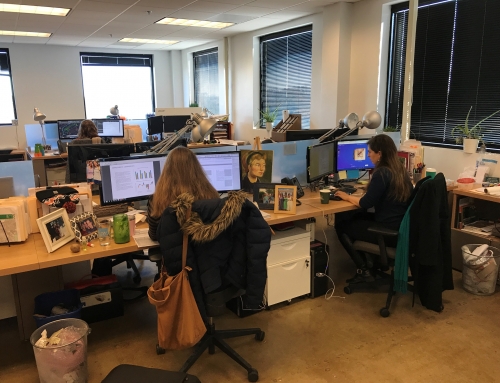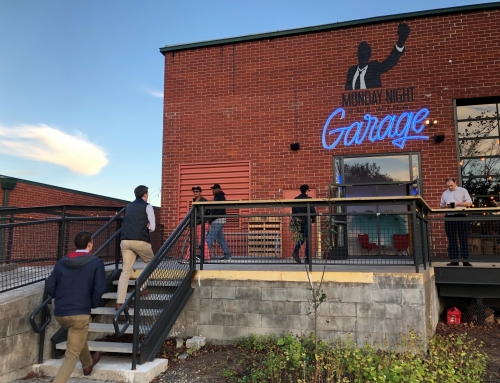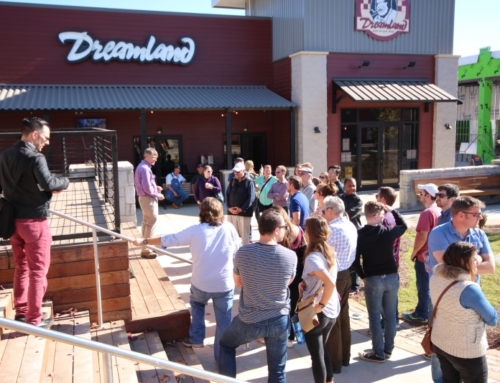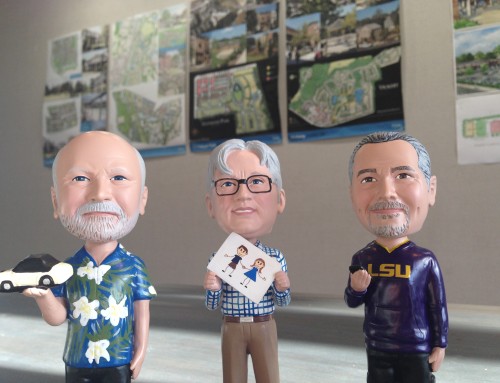TSW Presents Olympic Tennis Center Recommendations and Findings
TSW recently presented recommendations and findings for the Park Place Multimodal Mixed-use Center Supplemental LCI Study, which includes the Stone Mountain Tennis Center that was constructed for the 1996 Olympic Games. The study creates a specific plan for the Tennis Center that results in an economically viable mixed-use and special events center that will serve as a focal point of transit service as well as a catalyst for growth.
Artist rendering of proposed revitalization of Tennis Center area
From the Atlanta paper:
Saving Olympic tennis stadium in Stone Mountain costly, study shows
Atlanta Journal-Constitution, Jan. 26, 2010Revitalizing the 1996 Olympic tennis stadium in Stone Mountain would bring in millions of dollars in economic development and reverse declining property values along the U.S. 78 corridor in Gwinnett County. But it could come at a cost of up to $45 million.
Those are the preliminary conclusions of a feasibility study presented Wednesday by the firm of TSW. The board for the Evermore Community Improvement District, a self-taxing association of commercial property 0wners along U.S. 78, commissioned the study last year.
Before a packed audience of business leaders at the Stone Mountain Tennis Center, representatives of the firm outlined four scenarios to repair the time-worn stadium, slated for demolition this year. They ranged from a basic repair option costing up to $2.5 million to a complete overhaul including a permanent roof and costing up to $45 million.
In addition, the area surrounding the stadium would need a transportation plan, costing about $6 million, to route patrons in and out of the site.
Funding options could include money derived from a tax allocation district and private investment. The study reveals the area is ripe for restaurants, condos, hotels and offices. It projectes that within five years, the economic impact would be nearly $100 million. The investment could bring in 300,000 visitors a year and create 400 permanent jobs, the study said.
“What we think we’re looking at is creating an innovative but realistic plan for a mixed-use project here, and the tennis center is a big part of what makes that possible,” said Bill Tunnell, chief planner on the project.
The stadium on Bermuda Road has been a source of debate for years. Its supporters say the facility has the potential to spark recovery in the West Park Place area, which has seen a number of big-box retailers, including Target and Best Buy, pull out in the past decade.
But critics say the stadium is deteriorating and cannot operate without a loss. The Stone Mountain Memorial Association, a state authority that oversees the 3,200-acre park, said the group has tried three approaches hoping the facility would pay for itself, but all failed.
The association lost $1.5 million trying to operate national tennis tournaments.
In 2009, Gwinnett County signed a $1-a-year, 50-year lease to operate 15 outdoor tennis courts and support facilities at the 24.5-acre site.
As part of the agreement, the memorial association was to demolish the stadium last January. Cash-flow problems delayed the $1.5 million razing, said Curtis Branscome, the association’s chief executive.
That pushed the demolition back to this year and opened the door to the Evermore CID, which moved its headquarters to Stone Mountain last year.
“I haven’t seen the study or the numbers behind it, so I don’t know what the potential is really,” Branscome told The Atlanta Journal-Constitution. “I hope they’ve done some good economic analysis.”
The district paid $40,000, matched by the Atlanta Regional Commission, for the study. It is 90 percent complete, with conclusions due by March.






